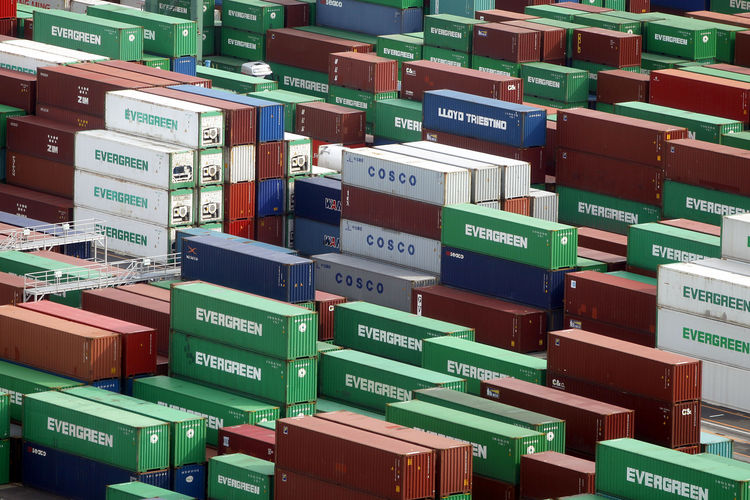- Export Gains to Help Japan to 1% GDP Growth in 2017, Says OECD
Japan’s economy will grow 1 percent next year before slowing to a 0.8 percent expansion in 2018, the Organization for Economic Co-operation and Development said in a global economic outlook released on Monday.
A rebound in international trade will help drive Japan’s export growth higher over the next two years, supporting business investment as fiscal stimulus fades, the OECD said. It sees Japan’s gross domestic product increasing 0.8 percent this year.
“With stronger exports, and the capacity shortages and high profits, we expect that business investment will also get stronger in the next few years,” Randall Jones, head of the OECD’s Japan-Korea desk, said during a briefing.
The Japanese government forecast growth of 1.2 percent for 2017 and 1.9 percent the following year, according to documents released in July.
“External risks are largely to the downside, given uncertainty about China, which accounts for a quarter of Japanese exports,” the OECD said in its report.
Trade Pacts
Jones said a collapse of the Trans-Pacific Partnership would be a disappointment for Japan, while noting that other regional or bilateral agreements could also create more trade.
Headline inflation will reach 1.25 percent by the end of 2018, the OECD said. This would still be well below the Bank of Japan’s 2 percent target.
The OECD said sustained growth will require achievement of the targeted “virtuous cycle” of higher corporate profits, wages and prices, with the “major uncertainty” being wage growth.
Supplementary Budgets
Noting the passage of three supplementary budgets this year, the OECD said the Japanese government had paused its fiscal consolidation, helping the economy cope with the impact of a stronger currency throughout most of 2016.
Structural reforms are essential to boost productivity and bring more people, especially women, into the workforce, the OECD said. It noted that faster growth was critical to stopping and reversing the nation’s swelling public debt.
A more detailed and “credible” plan for fiscal consolidation, including gradual increases in the sales tax, is necessary to maintain confidence in the nation’s public finances, the OECD said. The plan should also slow the increase in social spending, it said.

 Forex3 weeks ago
Forex3 weeks ago


 Naira2 weeks ago
Naira2 weeks ago
 Billionaire Watch2 weeks ago
Billionaire Watch2 weeks ago




 Naira2 weeks ago
Naira2 weeks ago




 Naira2 weeks ago
Naira2 weeks ago




 Naira1 week ago
Naira1 week ago




 Naira4 weeks ago
Naira4 weeks ago




 Naira3 weeks ago
Naira3 weeks ago



















